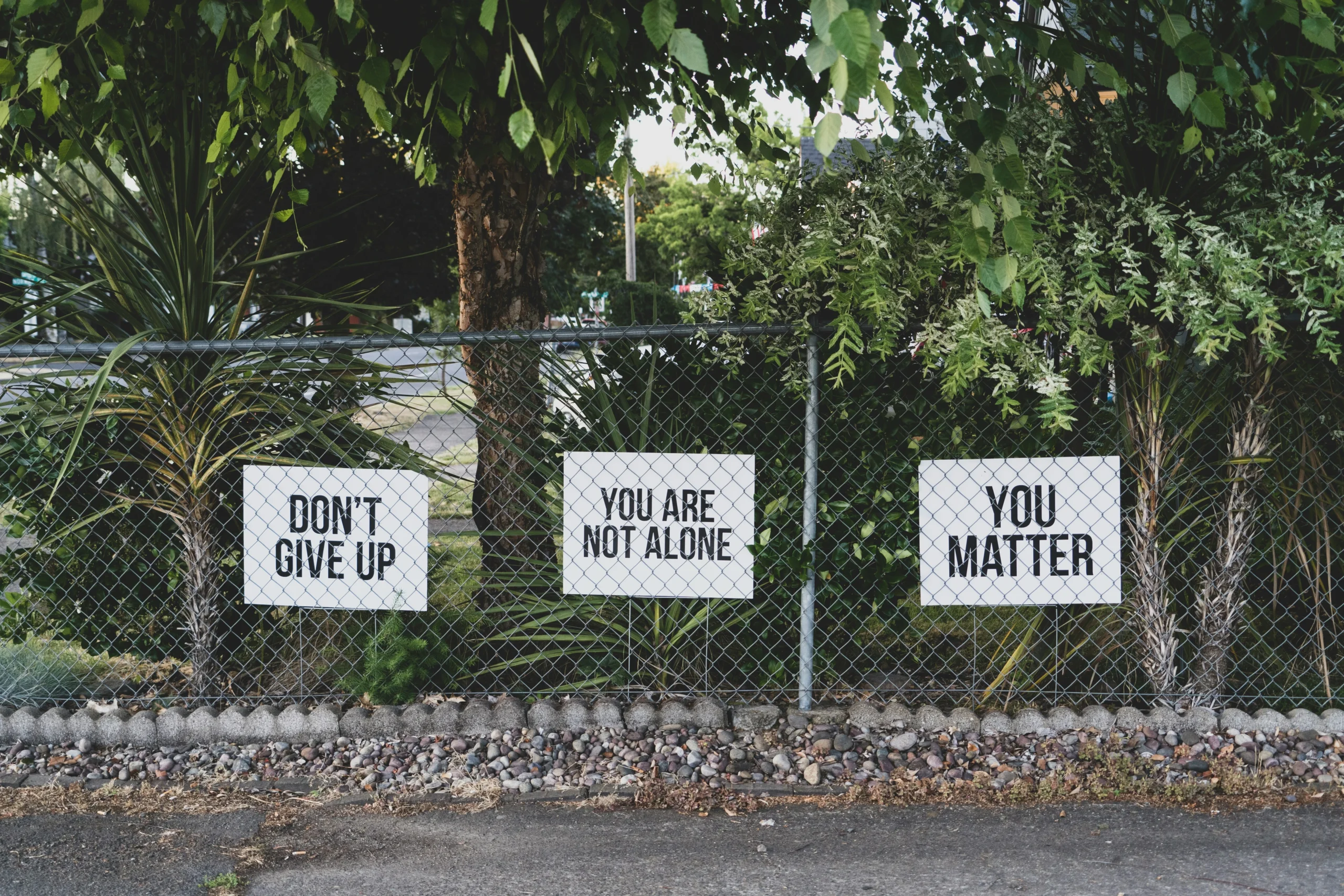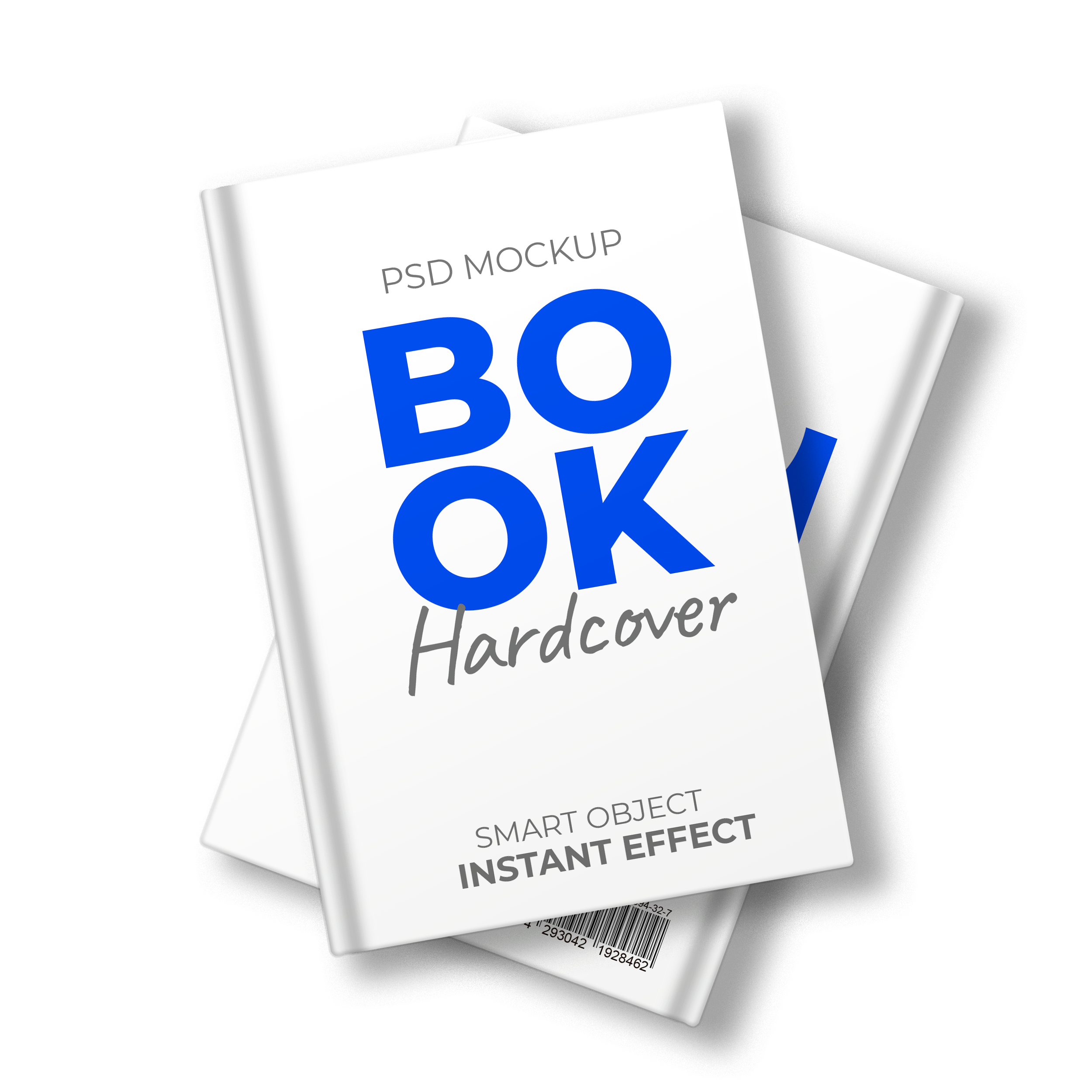There is a therapeutic approach to treating addiction that will instill in you an ability to live your life in the present, help you develop healthy methods of managing stress, find emotional balance, and improve your most important relationships with family and friends. It’s called dialectical behavior therapy for substance abuse, and it can be a game-changer for you as you recover from an addiction. If you or someone you love is struggling with a drug or alcohol use disorder, find out how dialectical behavior therapy at Avedis Detox can be a part of your recovery story. Reach out to us online or call 833.514.0579 today.
How Dialectical Behavior Therapy for Addiction Works
While DBT was pioneered in the 1980s as a way of treating borderline personality disorder, DBT for substance abuse has proven effective in assisting a variety of patients to overcome several co-occurring issues in conjunction with their substance abuse, including:
- Depression
- Eating disorders
- PTSD
- Bulimia
- Other mental health conditions
Treating you as a whole person, and addressing your substance abuse and the underlying reasons you use drugs and alcohol, is one key way dialectical behavior therapy for substance abuse works to treat addiction effectively.
What Does DBT for Substance Abuse Look Like?
Dialectical behavior therapy for substance abuse will involve a combination of therapies and sessions to help instill in you essential life skills that will foster long-term recovery. During dialectical behavior therapy for addiction, you will experience individual, one-on-one therapy with a compassionate, trained counselor who will try to ensure your needs are met. You can also expect to experience skill-building in a group environment that promotes learning and fosters a culture of idea-sharing among others currently walking a similar path.
Experiencing DBT for substance abuse with others on the same addiction treatment path will help keep you motivated and hold you accountable. Additionally, counselors will teach you skills from dialectical behavior therapy for substance abuse throughout your daily life. The supportive peers you will meet and interact with within DBT will also become important players in helping you clear the obstacles you will encounter inside and outside of therapy.
Dialectical behavior therapy for substance abuse works because it focuses on providing you with critical skills in four important areas:
Mindfulness
To be mindful is to live in the present, in a state of active, open attention to life and all that you have to be thankful for every day. In practicing mindfulness, you will learn to observe your thoughts and feelings without judgment and learn to be active and present. Mindfulness exercises is how you will achieve this during your DBT for substance abuse.
Distress Tolerance
We show you how not to use drugs and alcohol to escape your negative emotions. Distress tolerance in DBT for addiction increases the tolerance of negative thoughts and feelings. In turn, you will learn to cope with the harmful triggers that once lead you down a dangerous path of drug and alcohol use.
Emotional Regulation
Your substance abuse may have been masking severe mental health problems caused by your intense emotions. During dialectical behavior therapy for substance abuse, you will learn key methods for better managing and changing those emotions. This will promote a healthier and happier life in recovery.
Interpersonal Effectiveness
Many patients suffering from substance abuse struggle in their relationships. Learning interpersonal effectiveness through dialectical behavior therapy gives you the techniques for communicating. You’ll deal with people in a way that will maintain your self-respect. At the same time, you’ll build stronger, healthier relationships in the process.
Dialectical Behavior Therapy for Substance Abuse Strategies
The Avedis Detox DBT program teaches skills and strategies to stop using drugs and alcohol and avoid relapse. Additionally, DBT for substance abuse focuses on changing your behavior to avoid dangerous situations. That makes sobriety easier to achieve and a lifelong recovery more possible. DBT helps you learn how to set boundaries and improve your home, work, and social environments. You’ll learn to build an understanding and supportive peer group.
Some DBT for substance abuse strategies may include:
- Encouraging finding new, safer environments in which to inhabit/spend time in
- Teaching the importance of supportive friends and family
- Helping remove harmful triggers from your daily life
- Increasing self-esteem
- Boosting self-confidence
- Teaching coping mechanisms to manage stress
Learn More at Avedis Detox
Drugs and alcohol cause more damage than just to your physical body. DBT for substance abuse can help you understand how to regain control over your life, relationships, and emotions. Contact us using our secure online form or at 833.514.0579 today. Learn more about the many benefits of dialectical behavior therapy for substance abuse.









